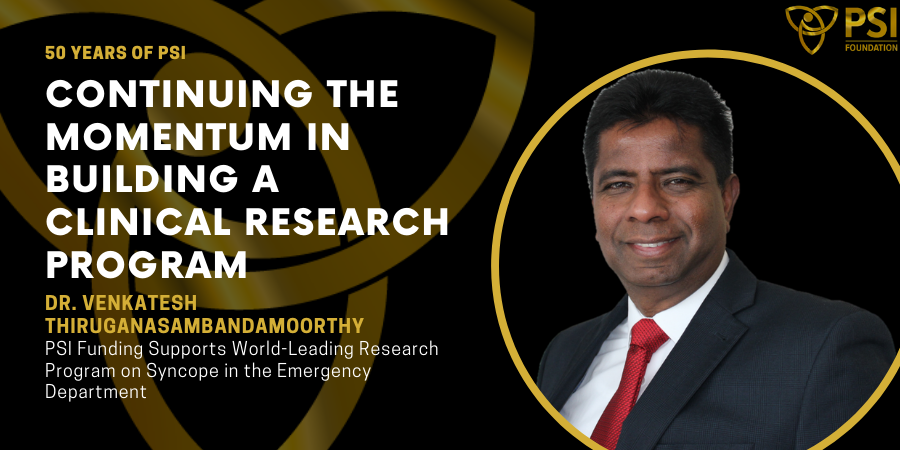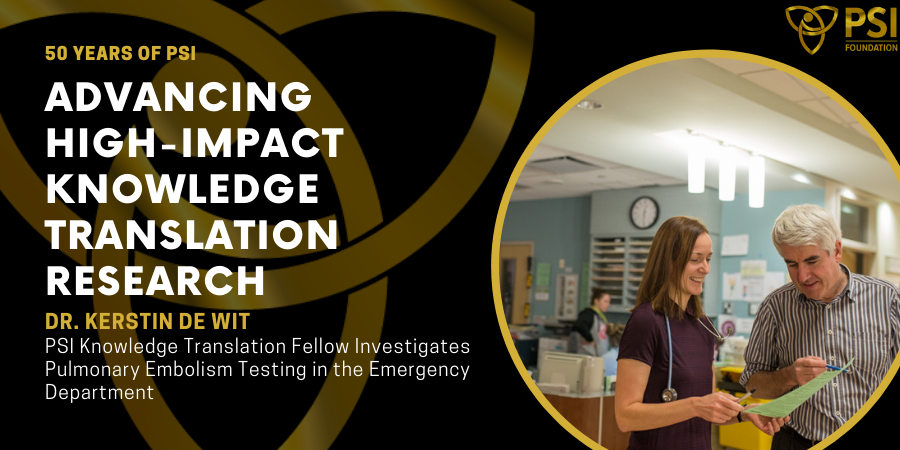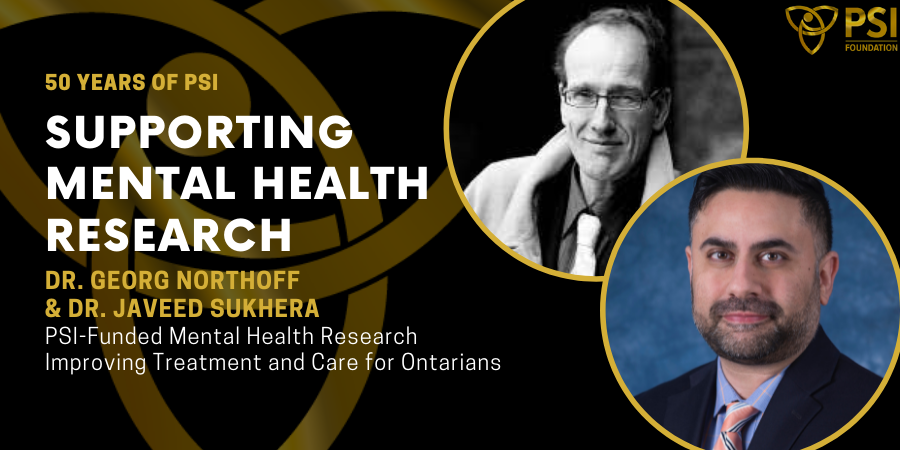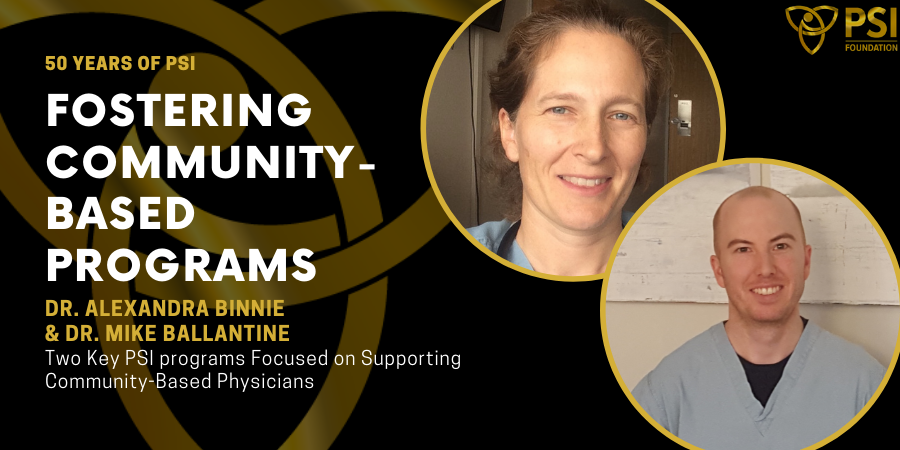“As you’re growing and trying to establish as a researcher, PSI is a very good ally for you as a physician to establish your research program. PSI funding is like a bridge between small departmental grants and large agencies. PSI funding can propel you toward establishing such a program and becoming a world leader in your area of research.” – Dr. Venkatesh Thiruganasambandamoorthy
A research program supported by PSI Foundation has become the world’s largest study on syncope (fainting) in the emergency department.
“As we built the program one step at a time, we have recruited close to 9,000 patients,” says Dr. Venkatesh Thiruganasambandamoorthy, an emergency physician and scientist at The Ottawa Hospital. “Just by putting one brick after another together, we have become the world’s largest program on emergency department syncope.”
About 10% of patients who come to the emergency department after fainting will have a serious outcome, such as bleeding, pulmonary embolism or heart conditions. In many cases, physicians can diagnose a serious cause of syncope after examining the patient. But for a small proportion of patients, the cause is unclear.
Working in the emergency department and seeing many patients who presented after fainting, Dr. Thiruganasambandamoorthy recognized that emergency physicians needed a tool to predict which patients are at highest risk of a serious outcome. He intended to do a small chart review of patients, but as he started reading the literature, he found that very little research had been done about the outcomes of syncope patients, despite about 160,000 syncope patients coming to Canadian emergency departments every year.
In 2009, Dr. Thiruganasambandamoorthy received a PSI research grant to develop a clinical decision tool to predict which patients who present to the emergency department after syncope are at highest risk of having a serious issue diagnosed within 30 days.
With the PSI funding, he and his team collected data from two emergency departments at The Ottawa Hospital a number of variables during a patient’s initial evaluation, and they reviewed patient outcomes for the 30 days after the initial visit to identify the variables strongly associated with serious outcomes. They then received CIHR funding to add more sites and increase the number of patients studied, ultimately developing the Canadian Syncope Risk Score.
After the tool was developed, they validated it in nine additional centres across Canada. The tool is now validated in eight countries and is recognized as the most robust and accurate of the available syncope risk scores.
PSI research award will pilot implementation of syncope risk score
The Canadian Syncope Risk Score provides emergency physicians with the probability of a patient having a serious outcome within 30 days based on several factors from the physician’s clinical evaluation and investigations. It also suggests optimal timelines for patients in each risk category to remain in the emergency department for observation, thereby helping patients have the best outcomes and physicians allocate health-care resources.
With the design and validation complete, Dr. Thiruganasambandamoorthy received a PSI-50 Mid-Career Clinical Research Award in early 2020 to implement the Canadian Syncope Risk Score in 20 centres across Canada. The one-time award, which was established to celebrate PSI’s 50th anniversary, provides up to $300,000 over three or four to support mid-career clinician-researchers – who often need to balance additional academic and clinical responsibilities – by protecting 50% of their time for research.
Dr. Thiruganasambandamoorthy says that supporting mid-career investigators is critical to continue the momentum that can be built through the early career awards. “After you have developed a budding researcher who has established a program, you want to sustain that program so that they have an impact on the health of Ontarians,” he says. “This PSI award is an important supplement for clinician-researchers.”
Over the past year, Dr. Thiruganasambandamoorthy and his team have been working with implementation scientists and end users to lay the groundwork for implementing the tool. They hope to start a pilot project once the burden on hospitals from the third wave of COVID-19 starts to ease.
Dr. Thiruganasambandamoorthy says the first PSI grant was instrumental in his career. In addition to establishing a world-leading research program, he has authored a chapter in a premier emergency medicine textbook and has received a mid-career lecture award from the CIHR Institute of Circulatory and Respiratory Health and the Canadian Association of Emergency Physicians.
“By starting slow, and then building on the funding opportunities that are available for physicians, you can establish a large program and be recognized at the national and international levels,” he says.




